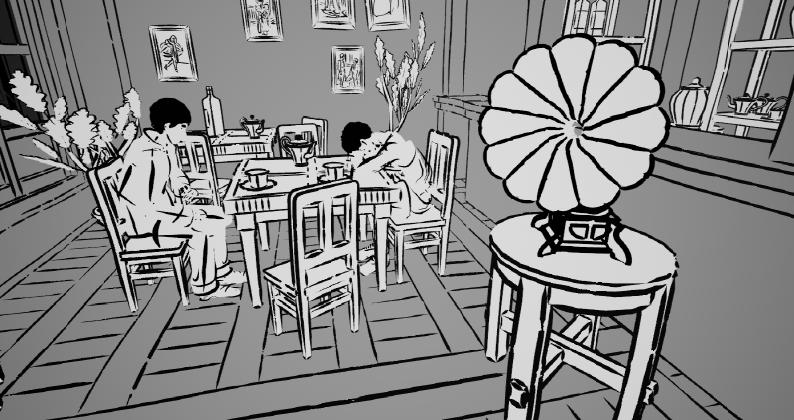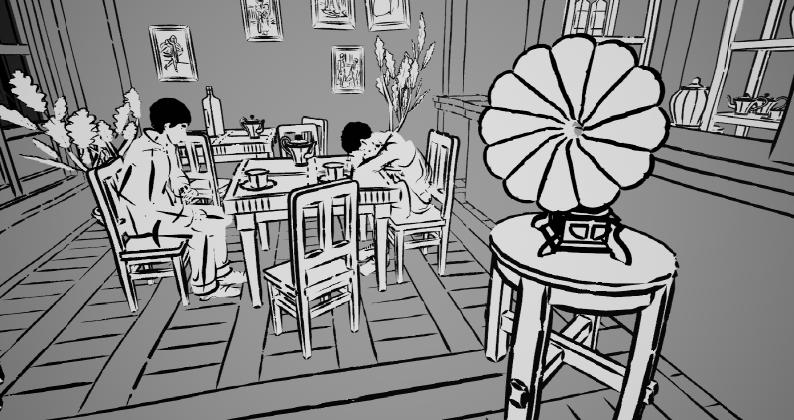
The National Museum of Modern and Contemporary Art (MMCA) in Seoul is hosting the groundbreaking exhibition “Transport to Another World” from October 18, 2024, to February 16, 2025. This exhibition, co-organized with the National Film Board of Canada (NFB), marks the celebration of the 2024-2025 Korea-Canada Year of Cultural Exchanges and brings together eight artists from both countries. The exhibition features 11 immersive works, utilizing innovative technologies such as virtual reality (VR), augmented reality (AR), and interactive web-based interfaces to transport viewers to different times, places, and narratives.
The exhibition asks a critical question: In a world where we are inundated with vast amounts of information and access to historical and contemporary data from across the globe, do we truly understand the lives, experiences, and events of those in distant places or from different eras? “Transport to Another World” takes this question a step further by offering viewers not just information but an immersive, empathetic experience through advanced media technologies.
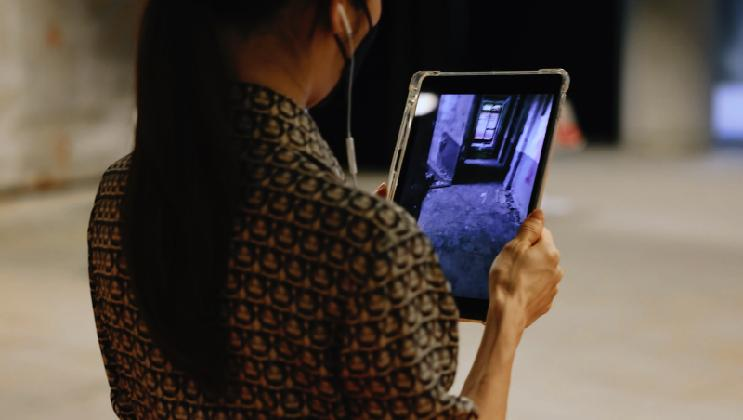
Rather than observing characters from a distance, as in conventional films, the exhibition allows viewers to engage with specific moments in history and imagined future worlds. Through virtual reality, mixed reality, and interactive games, the audience becomes participants in the narrative, stepping into the shoes of characters or witnessing events firsthand.
Key works include Hayoun Kwon’s Kubo Walks the City, a VR piece that takes viewers through colonial Seoul, and Gina Kim’s Comfortless trilogy, which revisits the history of Korean comfort women through a deeply emotional VR experience. Randall Okita presents The Book of Distance, a VR installation that tells the story of Japanese Canadian internment during World War II, while Jason Legge and Dirk van Ginkel use AR to bring Joy Kogawa’s writings to life in East of the Rockies, an interactive game that explores themes of survival and hardship. Tyler Hagan’s Similkameen Crossroads uses a web-based interface to delve into untold historical narratives through a photo essay and dialogue.
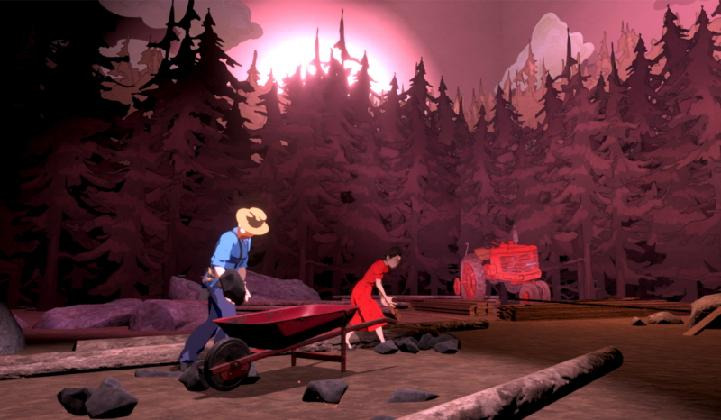
These artists not only transport the audience to past and future moments but also revive forgotten or erased histories. The media formats range from VR films, AR games, to web-based interactive films, offering a fresh challenge for both the artists and the viewers. Unlike traditional viewing experiences, where audiences passively observe, these works require active participation. Viewers are asked to engage physically by wearing devices and moving within the virtual spaces, immersing themselves as participants rather than passive spectators.
To further explore the themes of the exhibition, MMCA has organized a series of lectures and artist talks in collaboration with NFB. These events, running from October 17-18, feature participating artists and experts discussing the intersections of history, memory, and technological innovation. Notably, Canadian film producer Richard Cormier will speak about expanding diversity through creative collaboration, while artists such as Randall Okita and Kyungmook Kim will share their experiences with virtual reality as a medium for historical narratives.
This exhibition serves as a platform for both nations to explore the possibilities of new media, challenging audiences to rethink how they engage with history and the future. Admission is free, and attendees can register through the MMCA website.
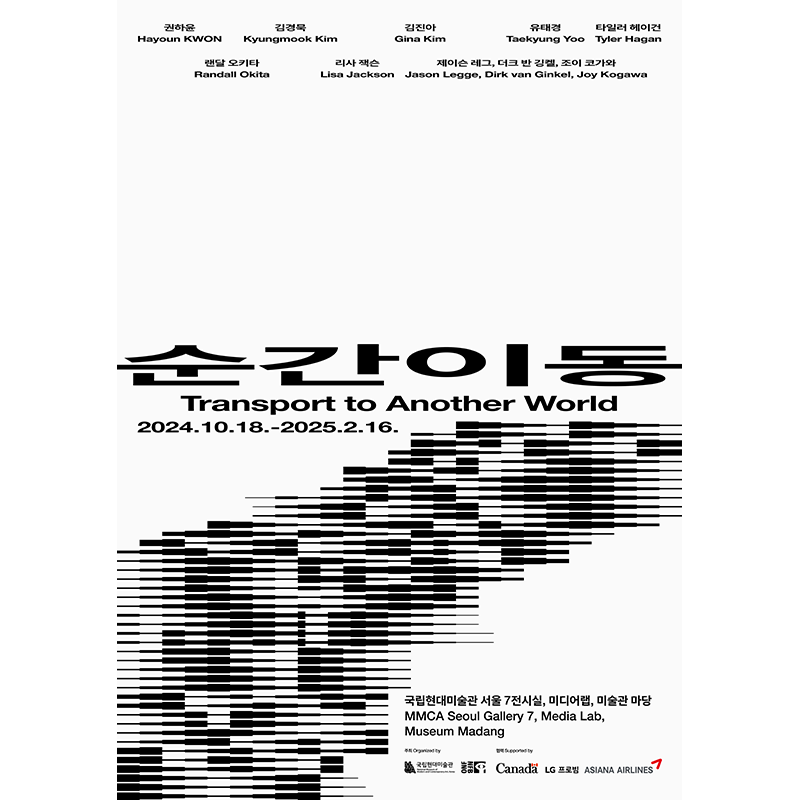
Sayart / Maria Kim, sayart2022@gmail.com


